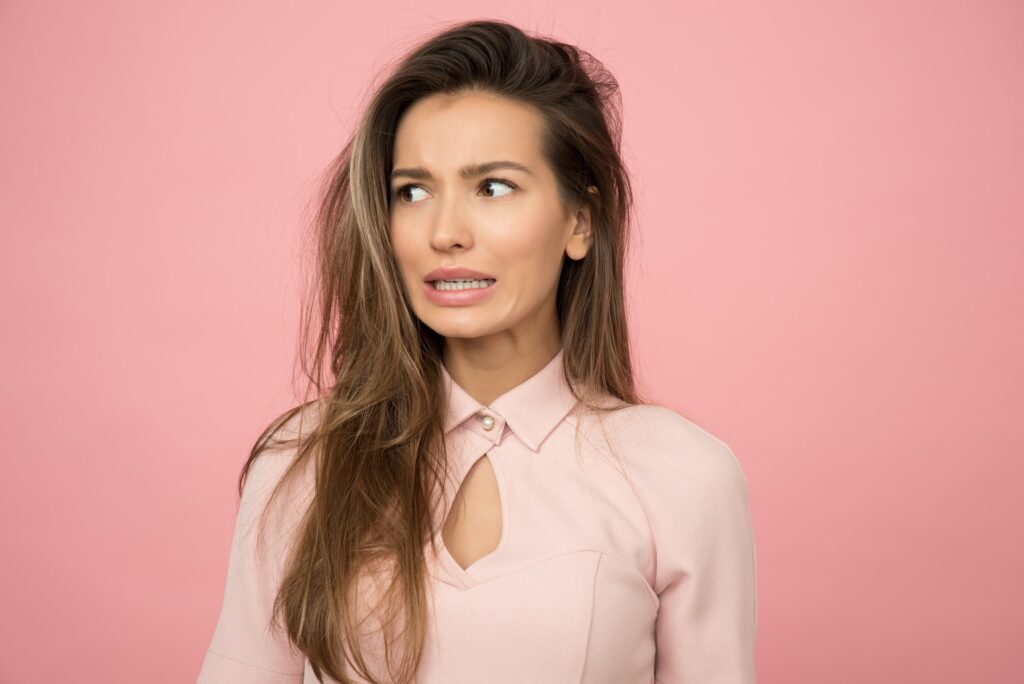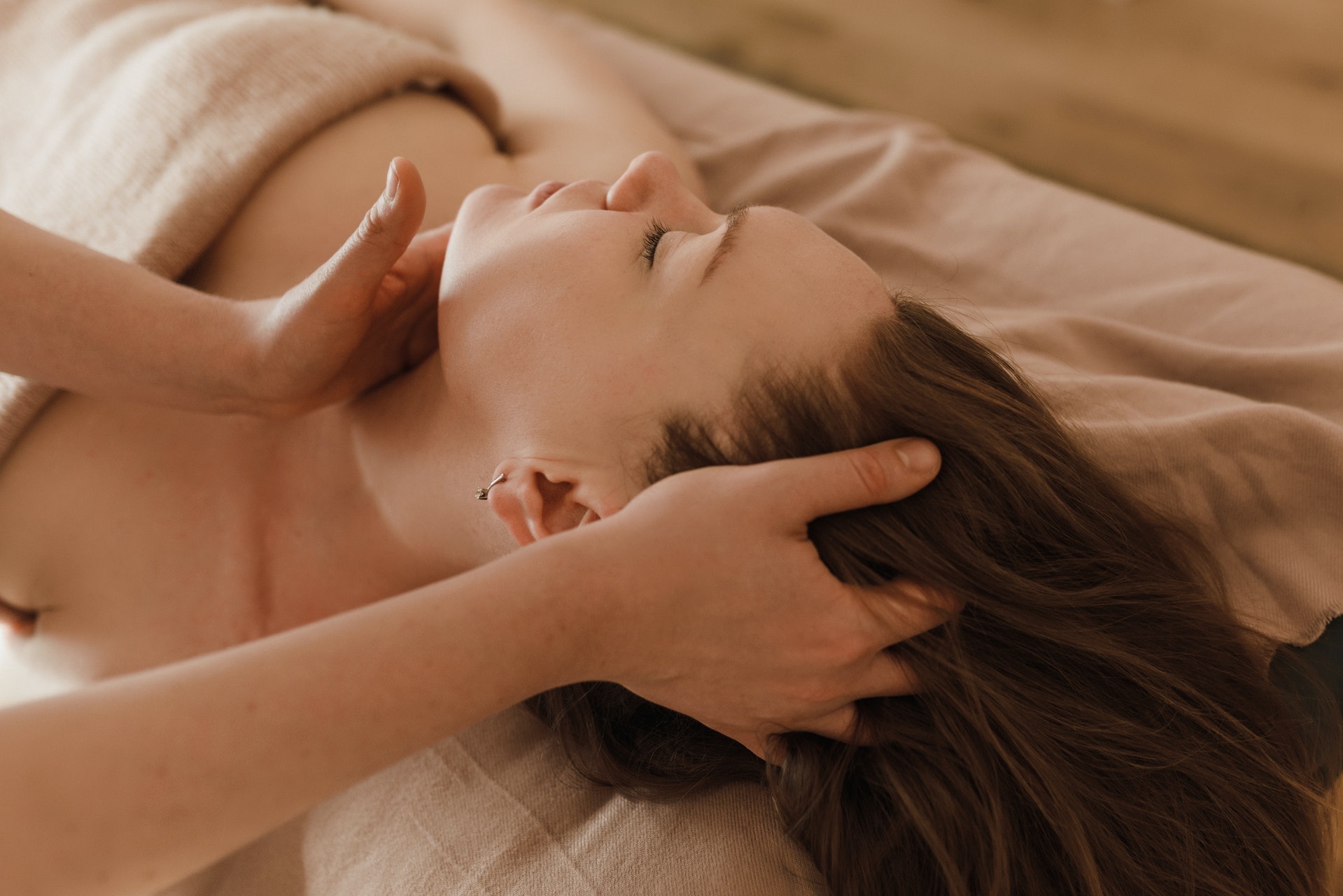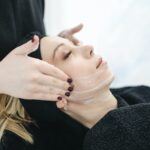What is the Solution to Hair Fall
Are you tired of finding strands of hair on your pillow, in the shower drain, or on your hairbrush? Hair fall is a common concern that affects men and women alike, causing frustration and worry. We all cherish our luscious locks, so it’s only natural to seek solutions to combat this persistent problem.
Hair fall, also known as hair loss or alopecia, occurs when hair sheds at an abnormal rate, leading to noticeable thinning or bald patches. While it’s normal to lose some hair daily, excessive hair fall can be distressing and may indicate an underlying issue.
Drinking juice is another way to enhance your metabolism. How can hair fall be addressed?
Understanding Hair Fall
Causes:
Hair fall can be attributed to a variety of causes, and identifying the underlying factor is essential for effective treatment. One of the primary causes is genetics, as certain individuals are predisposed to hair loss due to a family history of baldness or thinning hair. Hormonal imbalances, such as those experienced during pregnancy, menopause, or thyroid disorders, can also contribute to hair fall.
Nutritional deficiencies can impact hair health, specifically deficiencies in vitamins, minerals, and proteins. Inadequate intake of nutrients like iron, zinc, biotin, and vitamin D can weaken hair follicles, leading to increased hair fall. Additionally, a diet lacking essential fatty acids can affect the overall health of the scalp and hair.

Stress is another significant factor in hair fall. Prolonged periods of stress can disrupt the hair growth cycle, pushing more hair follicles into a resting phase and causing increased shedding. Moreover, certain hairstyles that put excessive tension on the hair, such as tight ponytails, braids, or buns, can contribute to traction alopecia and hair breakage.
Types of hair fall:
Understanding the different types of hair fall can provide insights into the underlying causes and potential treatments. One common type is androgenetic alopecia, also known as male or female pattern baldness. This condition is characterized by a gradual thinning of hair on the crown or receding hairline, primarily influenced by genetics and hormonal factors.
Telogen effluvium is another prevalent form of hair fall, typically triggered by a significant physical or emotional stressor. This condition disrupts the natural hair growth cycle, causing an increased number of hair follicles to enter the resting phase (telogen) and eventually shed. Telogen effluvium can occur several months after a triggering event, making it sometimes difficult to pinpoint the exact cause.
Alopecia areata is an autoimmune condition in which the immune system mistakenly attacks hair follicles, leading to patchy hair loss. This type of hair fall can affect any hair-bearing area of the body and may require medical intervention for management.
Impact:
Experiencing hair fall can have a profound impact on an individual’s emotional well-being and self-esteem. Many people associate their hair with their identity and beauty, and losing it can cause feelings of embarrassment, insecurity, and even depression.
Understanding the emotional and psychological impact of hair fall is crucial in providing comprehensive solutions. It’s essential to address not only the physical aspects but also the emotional aspects of hair fall to support individuals in their journey towards healthier hair.
By understanding the causes, types, and impacts of hair fall, we can better navigate the path toward finding suitable solutions. In the following sections, we will explore various approaches, ranging from lifestyle changes to medical treatments and natural remedies, to combat hair fall effectively.
Healthy Lifestyle Practices for Hair Fall Prevention
Maintaining a healthy lifestyle is vital not only for your overall well-being but also for promoting hair health and preventing hair fall. By adopting the following practices, you can significantly reduce the risk of excessive hair fall:
Drinking juice is another way to enhance your metabolism. How can hair fall be addressed?
- Balanced Diet:
A balanced and nutritious diet plays a crucial role in maintaining healthy hair. Ensure your meals include a variety of foods that provide essential vitamins, minerals, and proteins. Incorporate foods rich in biotin (such as eggs and nuts), vitamin C (found in citrus fruits and berries), iron (including leafy greens and lean meats), and omega-3 fatty acids (found in fatty fish and flaxseeds). These nutrients nourish the hair follicles, promoting healthy hair growth and reducing hair fall. - Hydration:
Proper hydration is essential for maintaining hair health. Drink an adequate amount of water daily to keep your hair hydrated and prevent dryness and brittleness. Dehydration can make the hair more prone to breakage and contribute to hair fall. Aim for at least eight glasses of water per day and consider incorporating hydrating fluids like herbal teas and fresh juices into your routine. - Stress Management:
Chronic stress can have a significant impact on hair health and contribute to increased hair fall. Practice stress management techniques such as meditation, deep breathing exercises, yoga, or engaging in hobbies that help you relax. Adequate sleep is also crucial for managing stress levels and promoting healthy hair growth. Prioritize self-care activities and find healthy ways to manage stress to reduce the risk of hair fall. - Regular Exercise:
Engaging in regular physical activity not only benefits your overall health but also promotes circulation, including blood flow to the scalp. Improved blood circulation to the hair follicles ensures they receive an adequate supply of nutrients and oxygen, promoting healthy hair growth. Aim for at least 30 minutes of moderate-intensity exercise, such as brisk walking, jogging, or cycling, most days of the week.
By adopting these healthy lifestyle practices, you can create a conducive environment for maintaining strong and healthy hair. Remember, consistency is key, and it may take time to see noticeable improvements. In the next section, we will explore specific hair care tips that complement these lifestyle practices and further aid in reducing hair fall.

Hair Care Tips to Minimize Hair Fall
In addition to maintaining a healthy lifestyle, adopting proper hair care practices is crucial for minimizing hair fall and promoting overall hair health. Consider incorporating the following tips into your hair care routine:
- Gentle Handling:
Handle your hair with care to avoid unnecessary breakage and damage. Avoid vigorous brushing, especially when your hair is wet, as wet hair is more fragile. Use a wide-toothed comb or a brush with soft bristles to gently detangle your hair, starting from the ends and working your way up. Avoid pulling or tugging on knots, as this can lead to breakage and increased hair fall. - Proper Washing Routine:
Choose a mild shampoo that suits your hair type and avoid excessive shampooing, as it can strip the hair of its natural oils. Washing your hair every 2-3 days is generally sufficient for most people. When shampooing, focus on the scalp to cleanse it thoroughly and stimulate blood circulation. Avoid using hot water, as it can strip the hair of its natural moisture. Instead, opt for lukewarm water for rinsing. - Conditioning and Moisturizing:
After shampooing, use a conditioner that matches your hair type and apply it from mid-length to the ends. Conditioning helps to moisturize and nourish the hair, reducing breakage and promoting smoother, healthier strands. Additionally, consider using natural oils like coconut oil, argan oil, or jojoba oil as leave-in treatments to provide extra hydration and protection to your hair. - Avoiding Harsh Chemicals:
Avoid hair care products that contain harsh chemicals like sulfates, parabens, and silicones. These ingredients can strip the hair of its natural oils, causing dryness, brittleness, and increased hair fall. Opt for products labeled as sulfate-free, paraben-free, and silicone-free, as they are gentler on the hair and scalp. - Protecting from Heat and Styling Damage:
Excessive heat stylings tools like flat irons, curling irons, and blow dryers can cause damage to the hair, leading to breakage and hair fall. Minimize the use of such tools and, when necessary, apply a heat protectant spray or serum before styling to reduce the damage caused by heat. Embrace heatless styling methods like air-drying, braiding, or using foam rollers for natural-looking curls. - Regular Trimming:
Trimming your hair regularly helps to get rid of split ends and prevent them from traveling up the hair shaft, leading to breakage. Aim for a trim every 6-8 weeks to maintain the overall health of your hair and reduce the risk of excessive hair fall.
By incorporating these hair care tips into your routine, you can minimize hair fall and promote stronger, healthier hair. In the next section, we will explore additional treatments and interventions that can be pursued under professional guidance to address persistent or severe cases of hair fall.
Drinking juice is another way to enhance your metabolism. How can hair fall be addressed?
Medical Treatments and Professional Interventions
For persistent or severe cases of hair fall, it’s advisable to seek professional guidance from a dermatologist or a trichologist. These experts can assess your specific condition and recommend suitable medical treatments or interventions. Here are some common options they may suggest:

- Consultation with a Dermatologist:
A dermatologist specializes in diagnosing and treating conditions related to the skin, hair, and nails. If you’re experiencing significant hair fall, scheduling a consultation with a dermatologist is highly recommended. They can evaluate your scalp, analyze your hair health, and identify any underlying causes or conditions contributing to hair loss. - Medications:
In certain cases, a dermatologist may prescribe medications to address hair fall. One commonly prescribed medication is minoxidil, available as a topical solution or foam. Minoxidil helps to promote hair regrowth and slow down hair loss. Finasteride, an oral medication, may be prescribed for men with androgenetic alopecia to block the hormone responsible for hair loss. - Hair Transplant:
For individuals with advanced hair loss or thinning, a hair transplant procedure may be a suitable option. This surgical intervention involves transplanting healthy hair follicles from donor areas (typically the back or sides of the scalp) to the areas experiencing hair loss. It is a long-term solution that can provide natural-looking hair regrowth. - Alternative Treatments:
In addition to conventional medical treatments, there are alternative therapies that professionals may recommend for hair fall. Laser therapy, for example, involves the use of low-level laser devices to stimulate hair growth and improve hair density. Another option is platelet-rich plasma (PRP) therapy, which involves injecting concentrated platelets from the patient’s own blood into the scalp to stimulate hair growth.
It’s important to consult with a qualified professional before pursuing any medical treatments or interventions. They can provide personalized advice based on your specific condition, medical history, and lifestyle factors.
Remember that medical treatments and professional interventions may have varying degrees of effectiveness depending on individual circumstances. It’s crucial to have realistic expectations and to follow the guidance of your healthcare provider throughout the treatment process.
Natural Remedies and Home Treatments
In addition to medical treatments and professional interventions, there are several natural remedies and home treatments that can complement your efforts in addressing hair fall. While their effectiveness may vary from person to person, they can be worth exploring as they are generally safe and affordable. Here are some popular options:
Drinking juice is another way to enhance your metabolism. How can hair fall be addressed?
- Scalp Massage:
Regular scalp massages can help improve blood circulation to the hair follicles, promoting hair growth and reducing hair fall. Gently massage your scalp using your fingertips in circular motions for a few minutes each day. You can use natural oils like coconut oil, almond oil, or olive oil to enhance the massage and provide nourishment to the scalp. - Aloe Vera:
Aloe vera has soothing and moisturizing properties that can benefit the scalp and hair. Apply fresh aloe vera gel directly to the scalp and leave it on for about 30 minutes before rinsing it off. Aloe vera can help reduce scalp inflammation, promote hair growth, and improve overall hair health. - Onion Juice:
Onion juice is believed to have properties that can promote hair regrowth and reduce hair fall. Extract the juice from an onion and apply it to your scalp, leaving it on for 30-60 minutes before washing it off. Onion juice contains sulfur, which may help improve blood circulation and stimulate hair follicles. - Herbal Rinses:
Certain herbal rinses can help strengthen the hair and reduce hair fall. For example, rinsing your hair with a solution of green tea or nettle tea can provide beneficial antioxidants and nutrients to the hair follicles. Brew the tea, let it cool, and use it as a final rinse after shampooing and conditioning your hair. - Balanced Diet:
As mentioned earlier, a balanced diet rich in essential nutrients is crucial for healthy hair. Ensure you’re getting enough vitamins, minerals, and proteins through your diet. Consider incorporating foods like spinach, carrots, eggs, salmon, and nuts into your meals to provide the necessary nutrients for promoting hair health. - Stress Reduction:
Stress can contribute to hair fall, so incorporating stress reduction techniques into your daily routine can be beneficial. Engage in activities that help you relax and unwind, such as practicing yoga, meditation, or deep breathing exercises. Creating a peaceful environment and finding time for self-care can help reduce stress levels and promote healthy hair.
While these natural remedies and home treatments can be helpful, it’s important to remember that results may vary. It’s always advisable to consult with a healthcare professional before trying any new remedies, especially if you have underlying medical conditions or are on any medications.

Conclusion
Experiencing hair fall can be a distressing experience, but the good news is that there are various solutions available to address this concern. By understanding the causes of hair fall, adopting healthy lifestyle practices, implementing proper hair care routines, and considering medical treatments or natural remedies, you can significantly minimize hair fall and promote healthier, stronger hair.\
Drinking juice is another way to enhance your metabolism. How can hair fall be addressed?
May 25, 2023 4 comments








